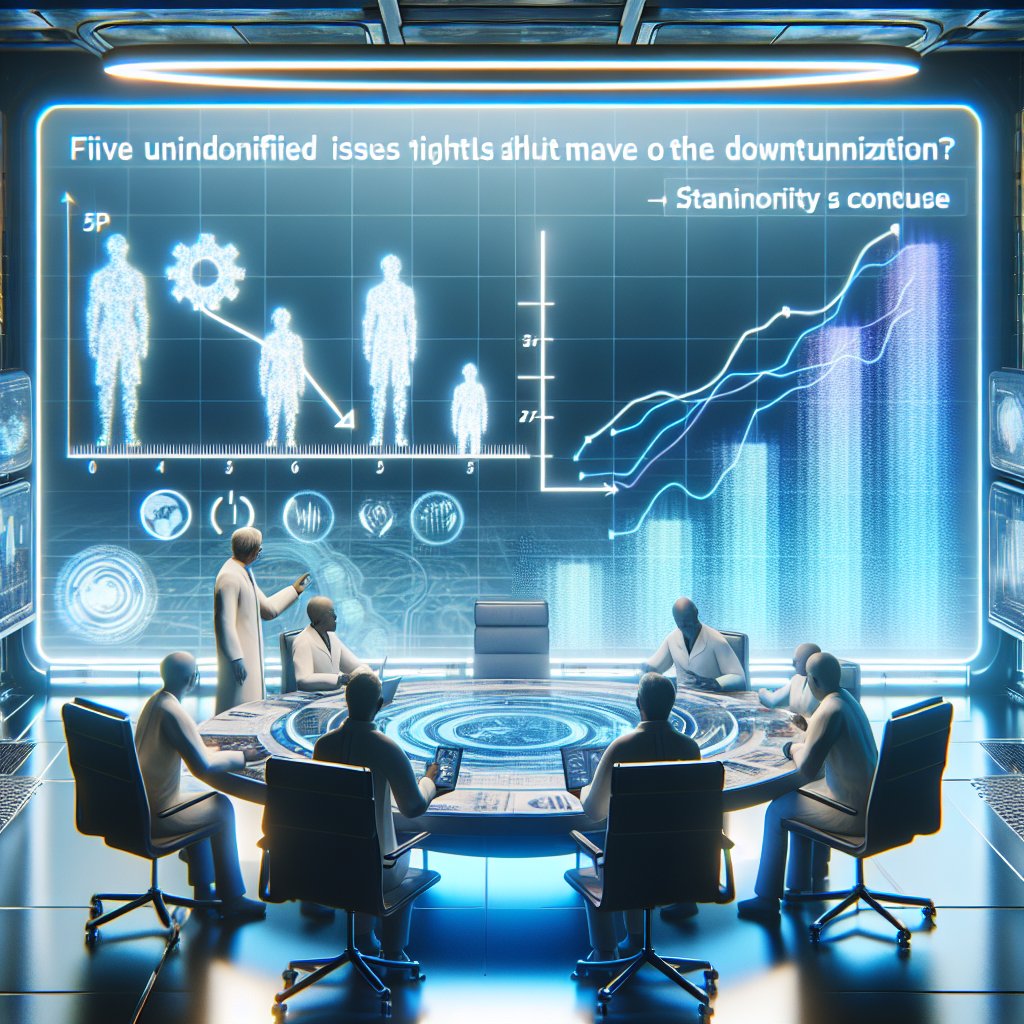Image created by AI
The Decline of ANC's Dominance: Analysing Mbeki's Assertion of Five 'Deadly Sins'
The trajectory of the African National Congress (ANC), South Africa's governing party since the end of apartheid, is on a precipice, as pointed out by Moeletsi Mbeki, brother of former South African president Thabo Mbeki and a formidable political analyst. The party, synonymous with Nelson Mandela and the struggle against apartheid, is grappling with declining public support as outlined by Mbeki. With national elections approaching, a potential shift in power dynamics looms over the country’s political landscape.
Mbeki's critique paints a picture of an ANC hamstrung by what he refers to as the "five deadly sins". These include the failure to privatize state-owned enterprises (SOEs); the adoption of Broad-Based Black Economic Empowerment (BBBEE) policies; the neglect of sound military and border management; and policy blunders in neighboring Zimbabwe and Mozambique.
At the heart of the ANC's troubled legacy is the handling of SOEs. Mbeki recalls the historical trajectory that led to a network of state-run companies, initially developed to bolster South Africa's agricultural productivity and later serving mining interests. The skill required to manage such complex enterprises was nurtured over decades by the National Party. However, Mbeki argues that the ANC, upon inheriting these enterprises, lacked the capabilities to run them efficiently, leading to systemic failures. With entities like Eskom, the electricity provider, facing crises, South Africa's need for competent management in these sectors is more apparent than ever.
Mbeki reflects on the successful privatization of Sasol, which stands as a contrast to the ANC’s approach with other SOEs, revealing that privatization is not synonymous with loss of national assets as commonly feared. The economist recalls public consternation over foreign investment as misinformed, emphasizing that privatization should be seen as a tool to enhance, not undermine, national prosperity.
On entrepreneurship, Mbeki faults the ANC for prioritizing the creation of a black middle class through public sector jobs and affirmative action at the expense of encouraging genuine business ownership and entrepreneurship within the black community. He juxtaposes South Africa's situation with that of the Asian Tigers, where government jobs are modestly paid and entrepreneurship is vigorously pursued, drawing a stark contrast with South Africa's overpaid public sector echelon that stifles economic dynamism.
The social and economic failures domestically mirror the ANC's external policy weaknesses. The government's passive stance on the deterioration of democracy and economies in Zimbabwe and Mozambique has backfired, manifesting in cross-border challenges, including unchecked immigration and illegal activities such as drug trafficking that strain South Africa's resources.
Moreover, the ANC's abandonment of prudent military and border controls has left the country vulnerable. Mbeki laments the degradation of South Africa's military capabilities, symbolized by the inoperation of the Rooivalk helicopters, indicating a broader disregard for security in favor of maintaining a costly administrative apparatus.
Mbeki’s prophesying of a non-majority ANC government post-elections is rooted in recent voting patterns and the growing irreverence towards the party by the South African populace. He observes the ANC's loss of grip on metros and provinces during the 2021 local government election as a precedent, with coalitions, notably in Johannesburg, indicating a fracturing political power landscape. Despite this shift, Mbeki believes that the ANC will still play a central role in any future government, highlighting the challenge of uniting a fragmented opposition.
This fracturing serves as a democratizing force, allowing space for multiplicity and competition within the political arena. However, whether new political alignments spell a transformation for South Africa or usher in a continued state of stagnation, as Mbeki suggests, is a matter for the electorate to decide.
#GOOGLE_AD










